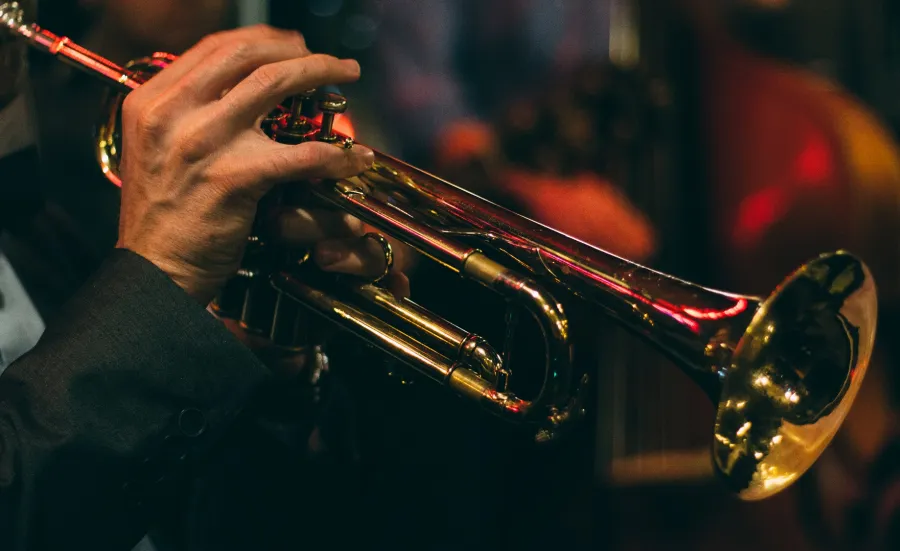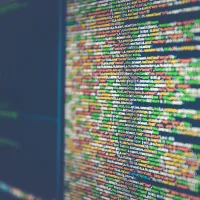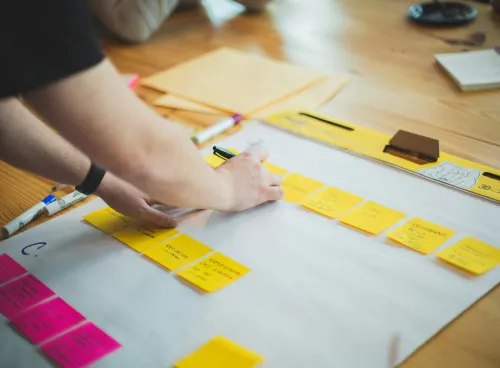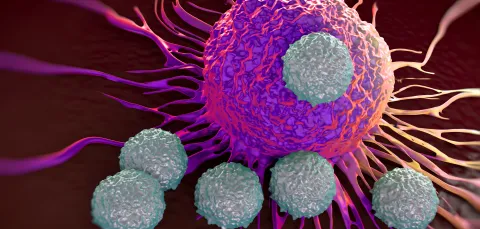In a research project that fuses jazz music with computer science Dr Tom Irvine is hoping to understand what it would take for a computer to write music well. The project is investigating the complex elements of jazz as a way of exploring how, or if, AI can reproduce the human elements of music. The hope is that this will lead to wider applications within the music industry.
Tom is working closely with the University’s Web Science Institute, as well as the AI and music lab at the Academia Sinica in Taiwan, and the Arts Council Supported initiative Jazz South, which is based at the Turner Sims Concert Hall. Funding from the fellowship award has also allowed Tom to expand the team to include Dr Valentina Cardo, from Winchester School of Art, and electroacoustic composer Dr Brona Martin.
Challenges of jazz
Jazz is the ultimate improvisation. As Tom explains, “This project is about how machines pretend to be creative and it’s particularly interesting from the jazz point-of-view, as jazz is so unique”. A jazz tune is the result of a complex social interaction which is also sits within that tune's history. Jazz musicians:
- improvise in melodies rather than note by note
- learn from knowledge passed from one generation to the next
- learn the history of the tunes and the different versions of the tune - each new version adding to the previous.
Project elements
The project is multidisciplinary, blending traditional research with creative responses. It includes:
- researching at the music and AI lab at Taiwan’s Academia Sinica
- understanding machine learning techniques and music that has been composed by AI
- exploring how AI interacts with questions of politics (such as gender and race)
- creating interactive sound art to explore the possibilities of AI-improvised jazz
- reflecting on our understanding of jazz itself as a practice
What's next
Tom believes the possibilities are almost endless, and impact such areas as the Internet of Things. “Imagine walking into your house, your house sensing your mood and therefore knowing what lighting and music you’d like at that moment,” he said. “This could be possible, with a really sophisticated understanding of music as data.”
In addition, music practitioners need to learn more about AI-generated music. In the not too distant future “real” musicians may find themselves making music with AI "colleagues.” This is a problem that needs to be understood.









